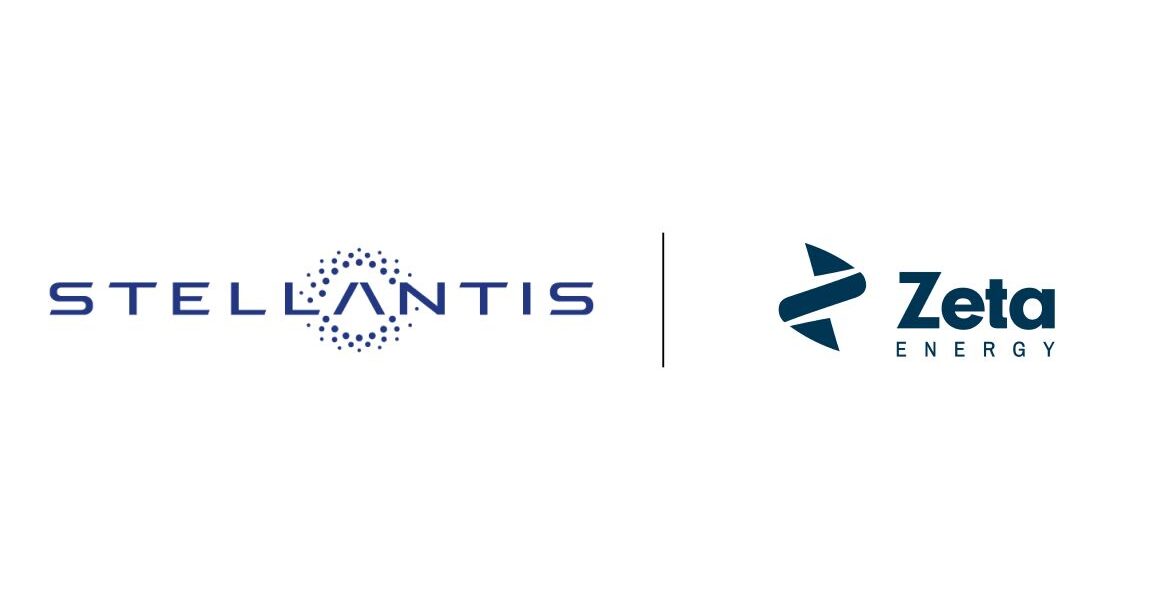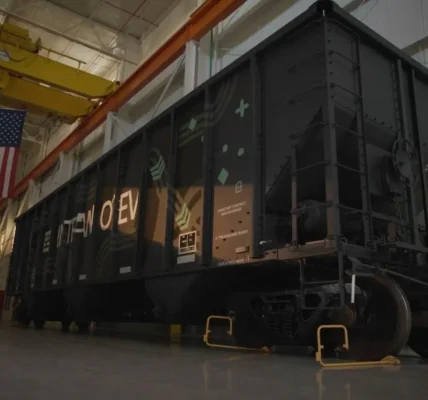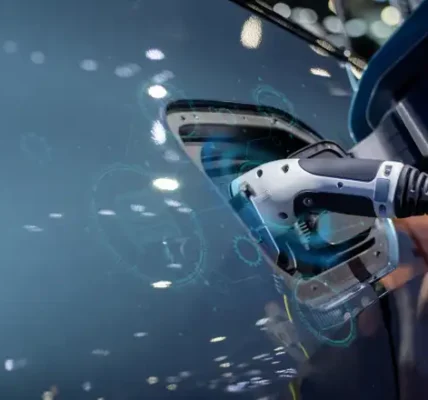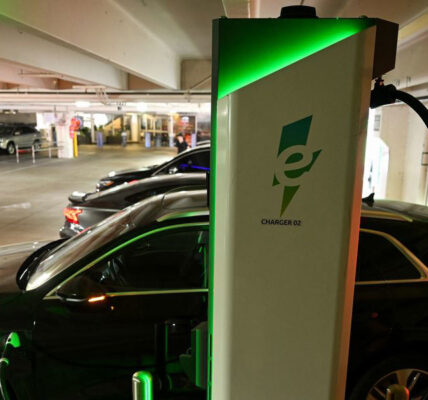Stellantis N.V. and Zeta Energy Corp. have announced a joint development agreement aimed at advancing battery cell technology for electric vehicle applications. The partnership aims to develop lithium-sulfur EV batteries with gravimetric energy density while achieving a volumetric energy density comparable to today’s lithium-ion technology, the companies said.
For customers, this means potentially a significantly lighter battery pack with the same usable energy as contemporary lithium-ion batteries, enabling greater range, improved handling and enhanced performance. Additionally, the technology has the potential to improve fast-charging speed by up to 50%, the companies said. Lithium-sulfur batteries are expected to cost less than half the price per kWh of current lithium-ion batteries, Stellantis adds.
“Our collaboration with Zeta Energy is another step in helping advance our electrification strategy as we work to deliver clean, safe and affordable vehicles,” said Ned Curic, Stellantis chief engineering and technology officer. “Groundbreaking battery technologies like lithium-sulfur can support Stellantis’ commitment to carbon neutrality by 2038 while ensuring our customers enjoy optimal range, performance and affordability.”
The batteries will be produced using waste materials and methane, with significantly lower CO2 emissions than any existing battery technology, the companies said. Zeta Energy battery technology is intended to be manufacturable within existing gigafactory technology and would leverage a short, entirely domestic supply chain in Europe or North America.
The collaboration includes both pre-production development and planning for future production. Upon completion of the project, the batteries are targeted to power Stellantis electric vehicles by 2030.
Lithium-sulfur battery technology delivers higher performance at a lower cost compared to traditional lithium-ion batteries, the companies said. Sulfur, being widely available and cost-effective, reduces both production expenses and supply-chain risk. Zeta Energy’s lithium-sulfur batteries utilize waste materials, methane and unrefined sulfur, a byproduct from various industries, and do not require cobalt, graphite, manganese or nickel, the company said.








